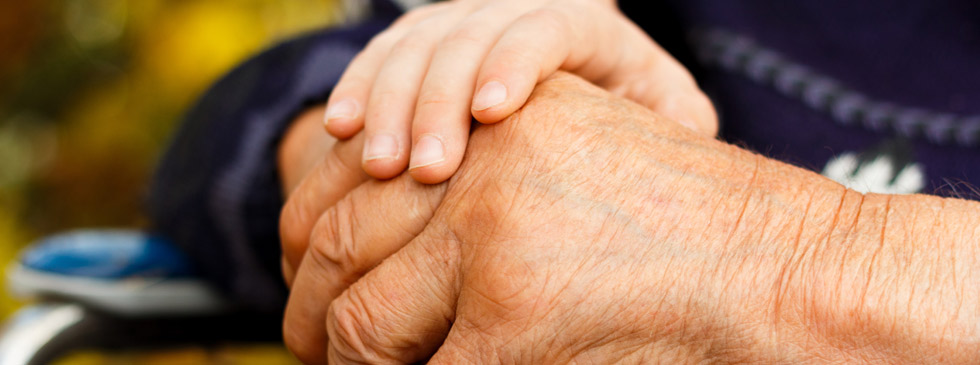Returning Home: A Support System
What happens when seniors returning home have no one there to help them recuperate? Seniors going home to an empty house can be in danger, both physically and emotionally, and represent a concern for many senior care professionals, such as case managers, who are managing their care.
It’s common for discharge planners to tell families that their loved one will require 24-hour care initially and then adjust the schedule according to the patient’s needs. If that’s the message you receive, it’s important to discern with the discharge planner what that really means. Sometimes all that’s needed for your senior in those first few hours and days is overnight assistance and a few additional hours during the day. On the other hand, you don’t want to leave your senior vulnerable if he or she could be at risk alone.
Ask the doctor to be specific about the kinds of support your senior will need during the day, whether he or she can be left alone during the day and night, and what the risks are during those first few hours and days at home.
Planing for whatever help you’ll need is an important step to take very early in this process. In talking with a senior about the amount of care needed at home, encourage your loved ones to be realistic.
As a family caregiver, don’t assume that caregiving will be easy or even possible if you’re living elsewhere or managing a demanding career and other obligations.
“We have a very mobile population of adult children who often don’t live near their parents.” LaNita Knoke, President of the American Association of Managed Care Nurses, said. I’ve worked with seniors who were adamant that they would be fine when they returned home. That older adult will say, ‘My daughter is coming for two weeks.’ But often that daughter cannot be there for the important discharge process not can she stay as long as her parent might need help.”

